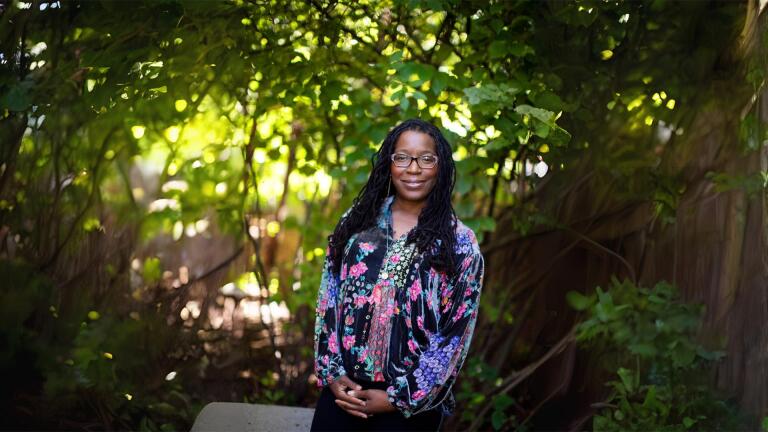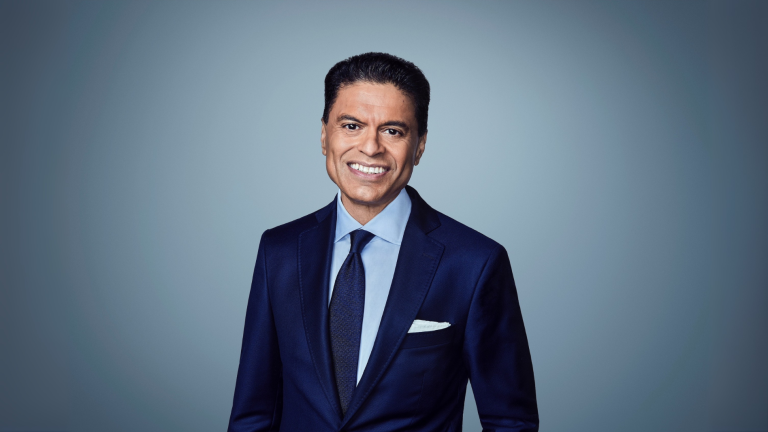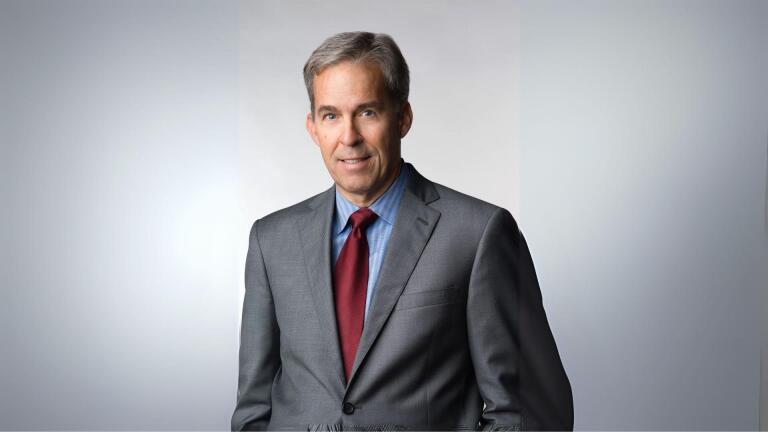Support Provided By

26:39
Author Tiya Miles discusses Harriet Tubman, from her birth to her activism and beyond.

26:39
Author Harold Holzer discusses the life and times of President Abraham Lincoln.

26:39
Former U.N. Ambassador Stuart Eizenstat reflects on President Jimmy Carter's life and legacy.

26:39
Fareed Zakaria investigates the movements that have shaken norms while shaping the modern world.

Unlock with PBS Passport
26:39
Geraldo Cadava explores the history of Hispanic American voters from the 1960s to the present.

Unlock with PBS Passport
26:39
Author and historian Rick Atkinson discusses the American Revolution.

Unlock with PBS Passport
26:39
Biographer Ron Chernow discusses the complex life of writer and humorist Mark Twain.

Unlock with PBS Passport
26:40
Alex Prud'homme on the political power wielded by the White House kitchen.

Unlock with PBS Passport
26:40
Prize-winning historian Kai Bird offers a riveting account of J. Robert Oppenheimer.

Unlock with PBS Passport
26:40
Professor Danielle Allen makes the case for civic engagement as the path to justice.

Unlock with PBS Passport
26:40
Author Jeffrey Rosen on what "the pursuit of happiness" meant to our nation's Founders.

Unlock with PBS Passport
26:39
Robert A. Caro on political power and the legacy of 36th President Lyndon Johnson.




